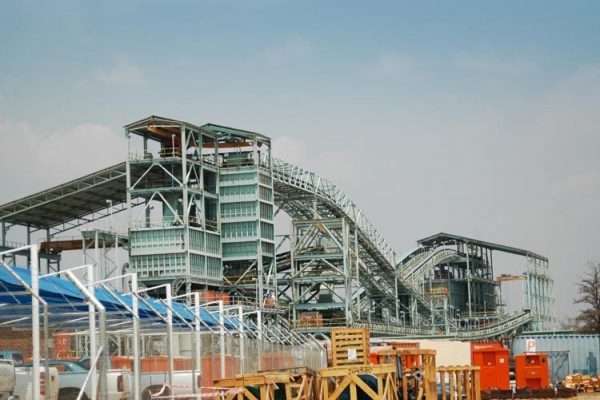Zimplats’ Impala Platinum to cut spending after metal price decline

Zimplats parent company, South Africa’s Impala Platinum will reduce planned spending across its business to reflect current low metal prices, the company said on Tuesday.
Platinum prices are down about 15% so far in 2023 amid concerns over global economic growth, while palladium is currently trading around $1,127 an ounce after peaking above $3,000 in March 2022 after top producer Russia invaded Ukraine.
The price of rhodium, a scarce, corrosion-resistant PGM, peaked at nearly $30,000 an ounce in 2021 but is currently trading around $4,500.
Impala, the world’s second largest PGM producer after South African rival Anglo American Platinum, last year announced a 50 billion rand ($2.66 billion) five-year capital investment program across its mining and processing assets.
Much of the investment was earmarked for mine development and upgrades as well as processing facilities and solar power generation at Impala’s 87% owned Zimplats Ltd in Zimbabwe.
“Planned elevated levels of spend across the portfolio will be adjusted to reflect the prevailing current reality of compressed industry margins,” Impala CEO Nico Muller said in a quarterly production update.
An Impala spokesperson said that while “near term strategic imperatives like the mining, concentrator and furnace projects have low risk of adjustment”, longer term projects like sulphur abatement and renewable energy projects could be deferred or face spending adjustments.
He added the company was working on a range of responses to the depressed prices, which would be disclosed next February and was likely to include adjusting the full-year capital expenditure guidance range of 12.5-13.5 billion rand “materially downward”.
Impala’s refined PGM production volumes increased by 25% to 885,000 ounces during the September quarter after integrating the newly acquired Royal Bafokeng Platinum.


